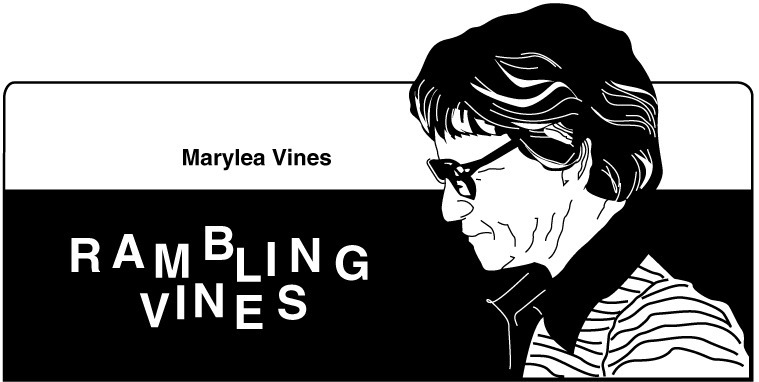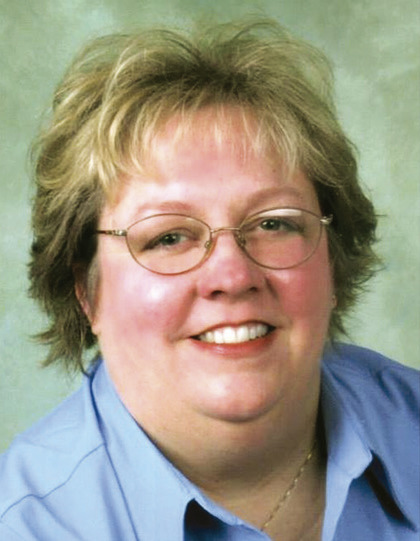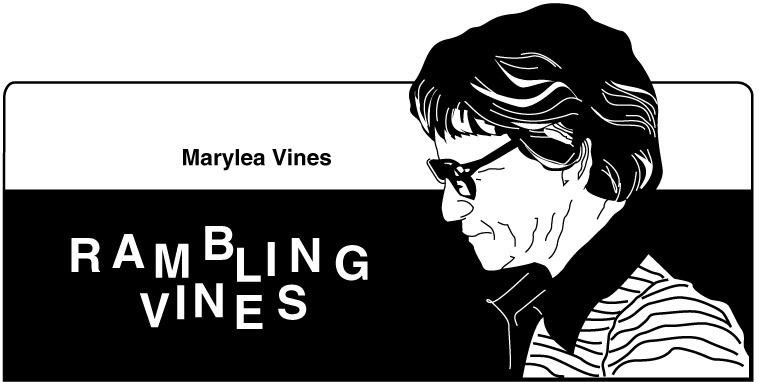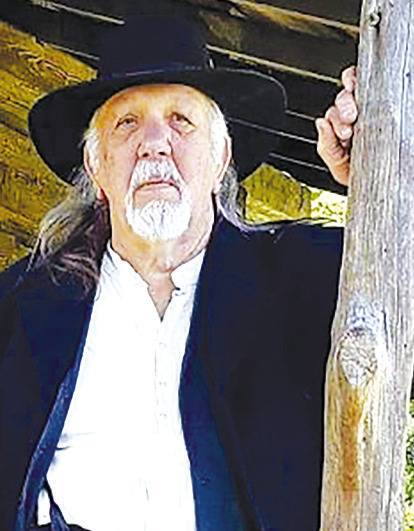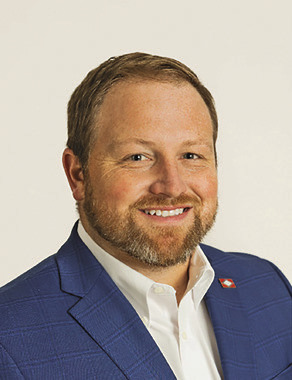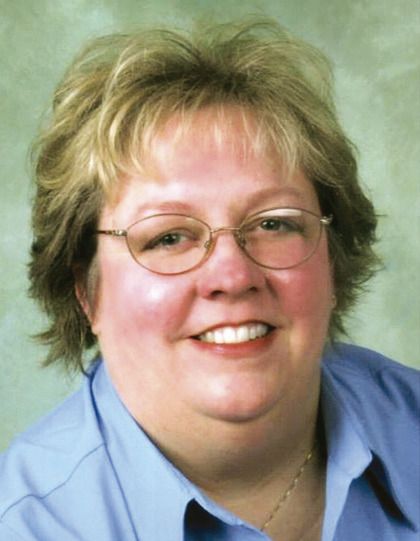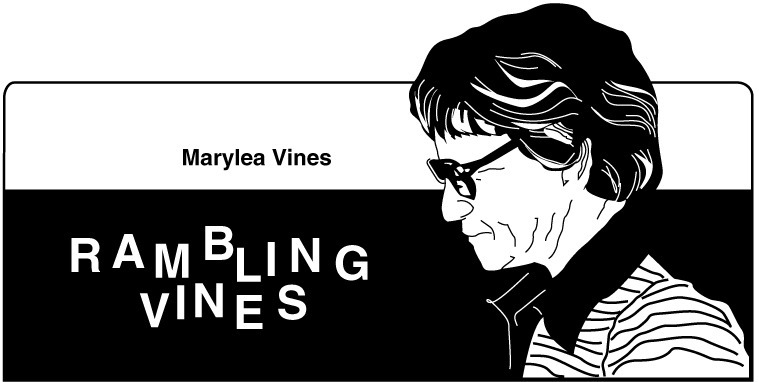This thought was inspired by comments made by Chief Dan George. For those of you of the younger generation who don’t know who Chief Dan George is, Google and research him. The chief spoke of his years growing up while living in a longhouse with his grandfather, all his parents, uncles and aunts. He remembered how they all had to learn to respect each other’s space and personal life. In ancient times, in India, they spoke of the watchers who observed and attempted to keep mankind in a state of progress, and to keep them safer by not allowing them to make huge mistakes. At that time, mankind lived in small family units in an agrarian society. As the story goes, there came a time when the watchers had to be absent for a time, and when they returned, they found that mankind had started forming communities and building cities. They were appalled, and declared that this would be the downfall of mankind. Well, we haven’t quite hit bottom yet, but we have, indeed, fallen from where we started as brotherhoods. Our cities are the cesspools of ecology. I am not speaking so much of the people as by the lifestyles. Cities are the biggest polluters of the planet. The huge masses of concrete and pavement raise the ambient temperature by at least 10 degrees. The huge air conditioning machinery adds to that. People will live in an apartment building that might hold a hundred or more families, and likely would not know more than 5 of those people, though they may rub elbows daily. In Viet Nam in 1962, I lived with the Montagnard people in a village of perhaps 150 souls. Within 4 months I knew almost everyone, and though I could not ever speak their language, still there would be smile and nod, a general acceptance. The children would tag along with you and ask you a million questions. At least that is what you assumed, because of that language gap. It didn’t matter so much because there was that feeling of unity. I seldom feel that anymore, though I have lived on the same str
